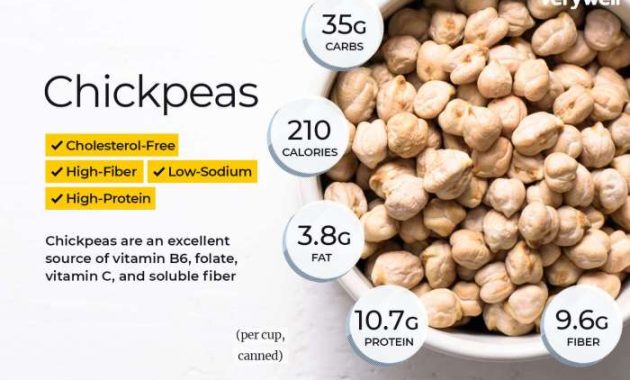Avocado’s Impact on Health: 1 Cup Avocado Nutrition Facts
1 cup avocado nutrition facts – Yo, Medan peeps! Let’s get real about avocados – they’re more than just Instagram-worthy toast toppers. These creamy green gems pack a serious nutritional punch, impacting your health in ways you might not even realize. From your heart to your waistline, let’s dive into how avocados can boost your wellbeing.Avocado’s effect on cardiovascular health is pretty impressive. It’s not just about that creamy texture; it’s about the healthy fats.
Avocados are rich in monounsaturated fatty acids, which can help lower LDL (“bad”) cholesterol and raise HDL (“good”) cholesterol levels. This balance is crucial for maintaining a healthy heart and reducing the risk of heart disease. Studies have shown a correlation between regular avocado consumption and improved lipid profiles, contributing to better cardiovascular health. Think of it as a natural heart-healthy boost, la Medan style!
Avocado and Cholesterol Levels
The monounsaturated fats in avocados play a key role in improving cholesterol levels. These healthy fats help replace saturated and trans fats in your diet, leading to a more favorable lipid profile. For example, a study published in the Journal of the American Heart Association found that including avocados in a heart-healthy diet led to significant improvements in cholesterol levels compared to diets without avocados.
This is because the monounsaturated fats in avocados help increase HDL cholesterol, the “good” cholesterol, which helps remove LDL cholesterol from the bloodstream. This contributes to a reduced risk of heart disease.
Avocado and Blood Sugar Levels
Avocados are surprisingly beneficial for managing blood sugar levels. While they do contain carbohydrates, their fiber content and healthy fats help slow down the absorption of sugar into the bloodstream, preventing those pesky blood sugar spikes. The fiber in avocados promotes satiety, keeping you feeling full for longer, which can also help regulate your appetite and prevent overeating, further contributing to blood sugar control.
This makes them a great addition to a balanced diet for people managing diabetes or aiming to prevent blood sugar imbalances.
Avocado and Weight Management
Contrary to popular belief, avocados can actually aid in weight management. The high fiber and healthy fat content contribute to feelings of fullness, reducing overall calorie intake. Because they’re so filling, you’re less likely to reach for unhealthy snacks later on. Furthermore, the healthy fats in avocados support hormone production that helps regulate appetite. It’s important to remember that avocados, like any food, should be consumed in moderation as part of a balanced diet and exercise plan for effective weight management.
Potential Risks of High Avocado Consumption, 1 cup avocado nutrition facts
While avocados offer numerous health benefits, excessive consumption can pose some potential risks. Because they are relatively high in calories, overindulging can contribute to weight gain if not balanced with overall calorie intake. Additionally, some individuals might experience allergic reactions, manifesting as skin rashes or digestive issues. It’s always wise to consume avocados in moderation and be mindful of any potential individual sensitivities.
Moderation is key, guys! Enjoy them, but don’t go overboard.
Quick FAQs
Is it okay to eat a whole avocado every day?
While avocados are nutritious, consuming a whole one daily might be excessive in calories and fat for some. Moderation is key. Listen to your body and adjust intake accordingly.
Can I freeze avocados?
Yes, you can! Freezing avocados preserves their nutritional value. Puree them before freezing to prevent browning and texture changes.
Are avocados good for weight loss?
Avocados are high in healthy fats which can promote satiety and aid in weight management, but portion control is crucial. They’re not a magic bullet for weight loss, but can be part of a healthy weight loss plan.
Do avocados interact with any medications?
Avocados can interact with certain medications, particularly blood thinners. Consult your doctor if you have concerns about potential interactions.
One cup of avocado boasts impressive healthy fats and fiber, a stark contrast to the processed ingredients often found in fast food. Consider, for instance, the nutritional breakdown of a different sort of meal, like the calorie count and saturated fat levels detailed in the nutrition facts arby’s roast beef sandwich ; a quick comparison highlights the vastly different nutritional profiles, emphasizing the benefits of choosing whole foods like that single cup of avocado.


